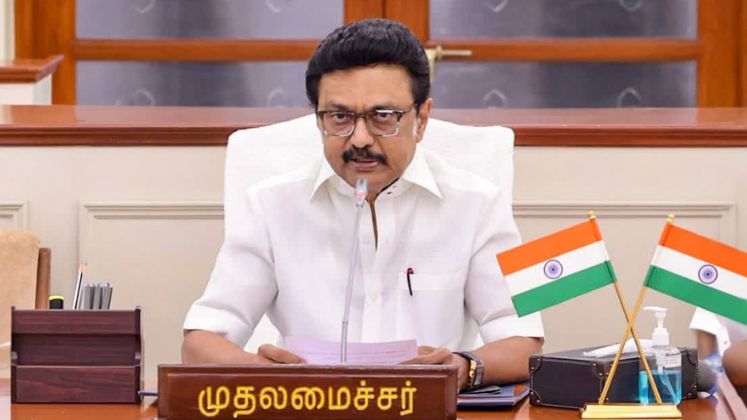
Tamil Nadu has requested the Union Government to step in urgently as impending US tariff increases risk destabilising its textile industry—a strong pillar of the state’s economy that provides jobs for almost 7.5 million and propels a large majority of India’s textile exports. Chief Minister M.K. Stalin warned that up to 3 million jobs are at risk if Washington increases the duty on textile imports from 25% to 50%.
In a letter to Prime Minister Narendra Modi, Stalin set out a policy road map aimed at protecting the state’s biggest export earner. Among his suggestions: rectifying the inverted GST duty structure on the man-made fibre chain by keeping the entire segment in a single 5% slab, and eliminating import duties on all types of cotton.
He also demanded greater credit relief, proposing that the Emergency Credit Line Guarantee Scheme (ECLGS) be increased to offer collateral-free loans of 30% of working capital requirements, accompanied by a 5% interest subvention and two-year principal repayment moratorium. He also suggested increasing the Remission of Duties and Taxes on Export Products (RoDTEP) incentive to 5% and expanding the coverage of pre- and post-shipment credit for all textile exports, including yarn.
Referring to the state of Tamil Nadu’s dependence on US markets, Stalin pointed out that though the United States imported 20% of India’s total goods exports valued at US $ 433.6 billion during the previous year, it imported 31% of the state’s US $ 52.1 billion worth of exports. This vulnerability, he added, exposes the state to a bigger tariff shock than other states. The moves suggested by US President Donald Trump, Stalin cautioned, posed a “disproportionate threat” to the state’s industrial sector and labour force.
Stalin emphasised that textiles require top priority because of their size, labour utilisation, and foreign exchange earnings contribution. Trade associations approached by the state government echoed his sentiments, highlighting long-existing problems such as GST anomalies and costly credit that have progressively undermined world competitiveness.
The minister said that the upcoming tariff challenge was a chance to drive long-pending reforms, contending that remedying structural loopholes is not only required to reduce the current crisis, but also to maintain the leadership of Tamil Nadu in India’s textile sector.






